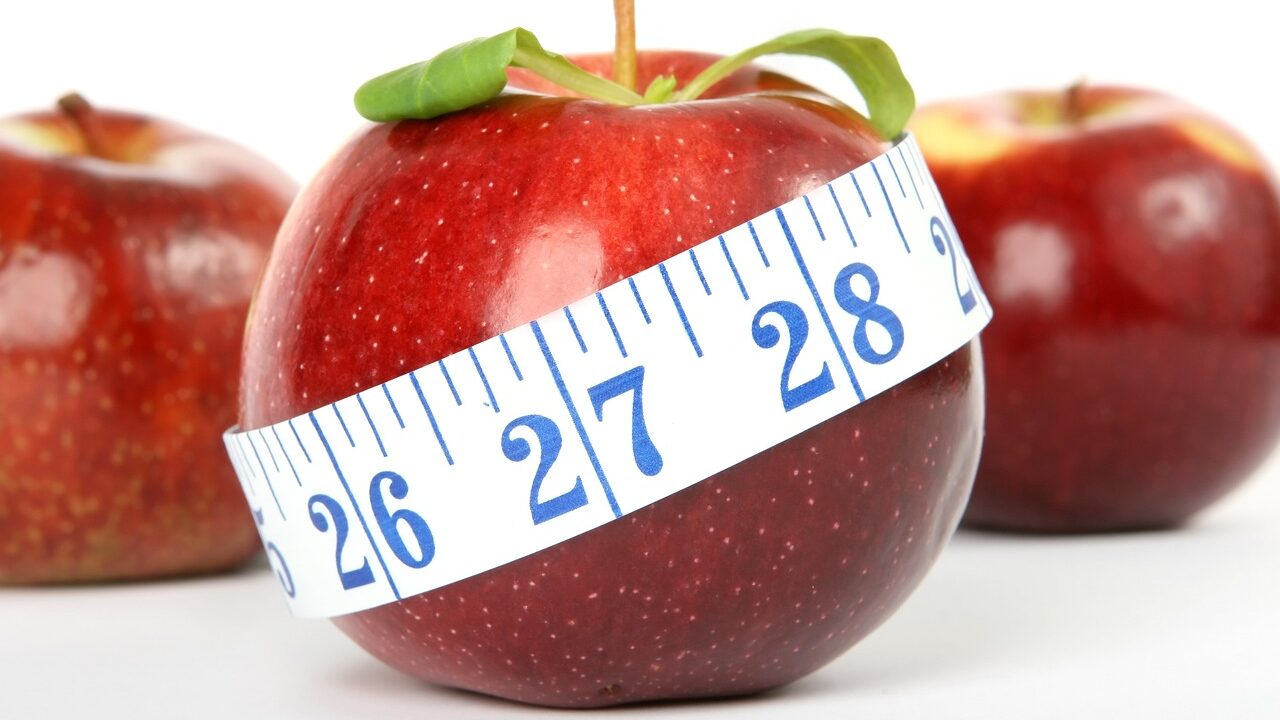Counting nutrients, not calories
It is believed that you need to know the proportions of proteins, fats and carbohydrates, and 30 kg will disappear in six months, as if they were not there. But it is not that simple. The caloric content of foods can change depending on how they are prepared. The calories in a single food can vary depending on how it is cooked and even how it is cut.
Nutrients are biologically active elements involved in the body’s vital functions. They are divided into micronutrients (vitamins and minerals) and macronutrients (proteins, fats, carbohydrates). There are many of them, and each has its own task in maintaining health. It is enough to identify what the body lacks to make up for the gaps. This sounds simple in words, but in reality there are some nuances that must be taken into account when calculating nutrients.
What are calories
A calorie is a unit of energy. 1 calorie is the amount of energy it takes to heat 1 gram of water by 1 degree Celsius. Usually energy is measured in joules, but when we talk about food, about its value, we use another unit of measurement, the calorie.
Nutrient Description
Nutrients are biologically important elements that the human body needs to function properly. They are divided into micronutrients and macronutrients. They are indispensable to us because they are not produced in the body but are taken in with food. A person can only stay healthy if he gets all the substances he needs on a regular basis.
What Calories Depend on
Cooking. Harvard University research has demonstrated that after cooking food by heat treatment, the calories in it increase.
Molecular characteristics. For example, potatoes will have different calories when they are cold and when they are hot, and this is affected by the resistant starch, which serves as food for bacteria in cold foods.
Macronutrients
Macronutrients are substances that provide energy to the body. A balanced diet with all macronutrients allows the human body to function properly. They enable the synthesis of hormones, enzymes and other elements that ensure adequate development and growth of the body. These include proteins, fats, carbohydrates. In addition, macronutrients include water.
Why you shouldn’t count calories
Wrong preferences. Often people choose the more unhealthy of two foods with about the same calories.
Lack of fat in the diet. Useful fats are important for our bodies. They affect the quality of our skin, hair, reproductive system and other body functions.
Lack of beneficial substances in the wrong foods.
“Empty” food, the calories of which are practically useless. It is important to remember that healthy foods are full of vitamins, minerals, the right amount of protein, fat and carbohydrates
Micronutrients
Micronutrients are substances that come with food or special supplements in microdoses. They include vitamins and minerals.
Although the amounts of micronutrients that come with food are small, they have a tremendous effect on the body, and without them you can easily get a whole bunch of ailments. Let’s take calcium for example. Deficiency of this mineral is at the root of 147 diseases. The same is true for the rest of the micronutrients.
To summarize
Don’t forget that variety is at the heart of good nutrition. Eating boiled breast and cucumber is not bad in itself, but not every day. Approach the process of losing weight and improving your body prepared, study which foods are healthy and which are undesirable, remove empty calories, which we talked about at the beginning of the article, and act consciously.




